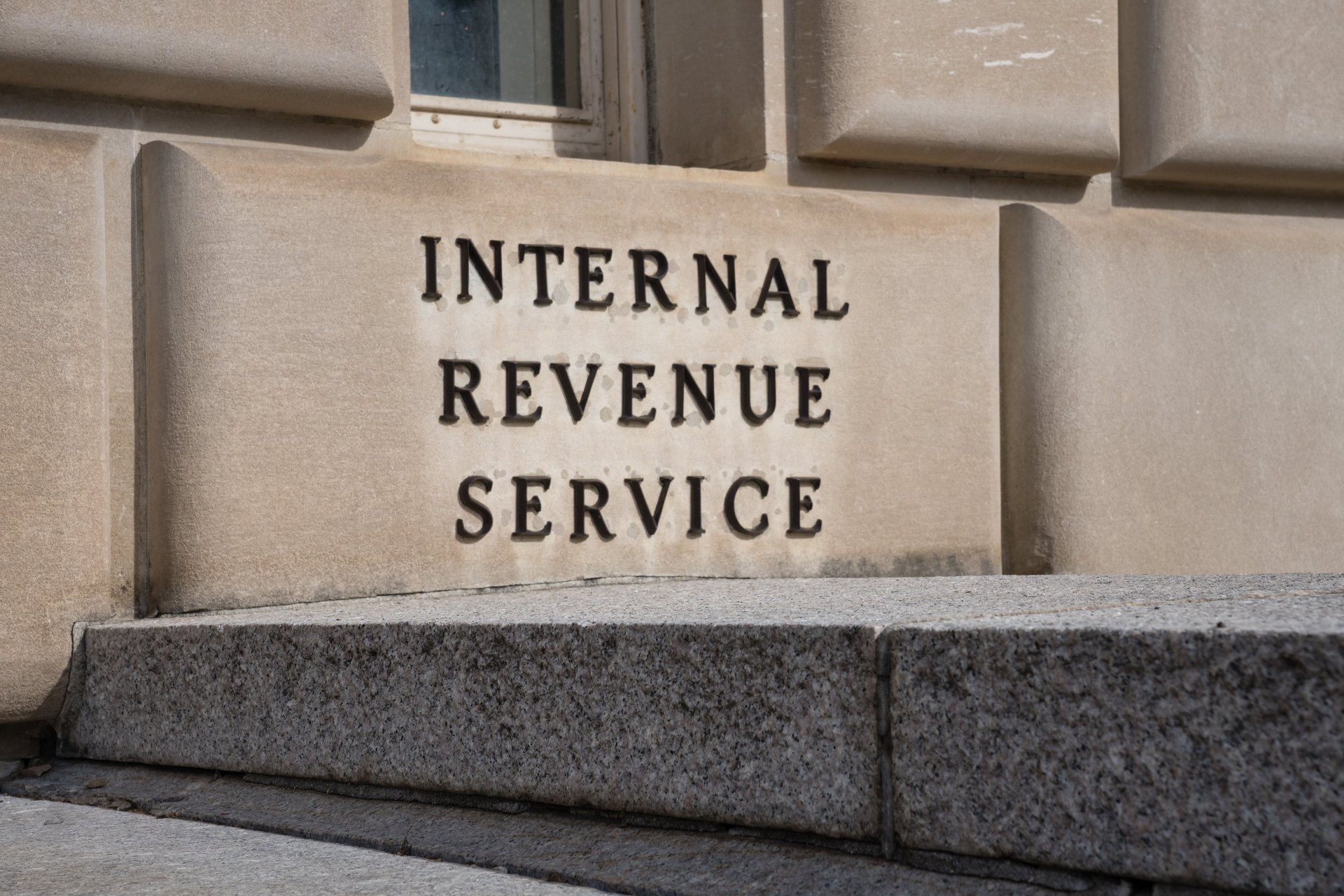The IRS says millionaires finally paid $1 billion in late taxes
The agency collected the tax debt with funding it received from the Inflation Reduction Act

The Internal Revenue Service (IRS) said Thursday that it collected more than $1 billion in past-due taxes from high-income earners, a major milestone in its new compliance effort created by the Inflation Reduction Act (IRA).
Suggested Reading
The agency said that it increased its collection activity on 1,600 people who made more than $1 million and owed the IRS at least $250,000 in tax debt.
Related Content
“Our increased work in this area means these past-due tax bills from high-end taxpayers are no longer being left on the table, like they were too often in the past,” IRS Commissioner Danny Werfel said in a statement.
Werfel said the agency previously couldn’t track down money it knew it was owed due to “years of funding declines.”
“Funding from the Inflation Reduction Act is reversing a decade-long decline in our compliance work, including increasing our compliance work involving the wealthiest individuals and groups with tax issues,” he added.
According to the US Treasury Inspector General for Tax Administration, as of March 31, 2024, the IRS has spent $5.7 billion of the $57.8 billion it received in IRA funds. That money has gone to tax enforcement, operations support, business system modernization and taxpayer services, the Inspector General found.
Werfel said the funds have allowed the IRS to hire more staff and add more technology to ensure that those with “the highest income, including partnerships, large corporations and millionaires and billionaires, pay what is legally owed under federal law.
The agency said the $1 billion raised came from more than 1,200 people and it anticipates it will raise more money in the coming months.
